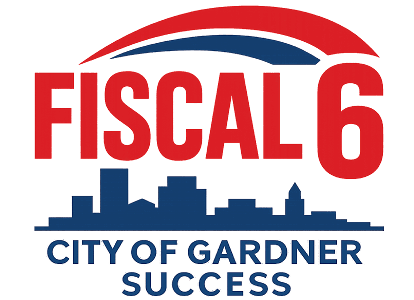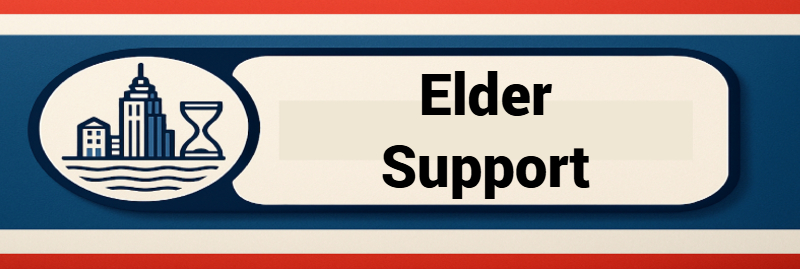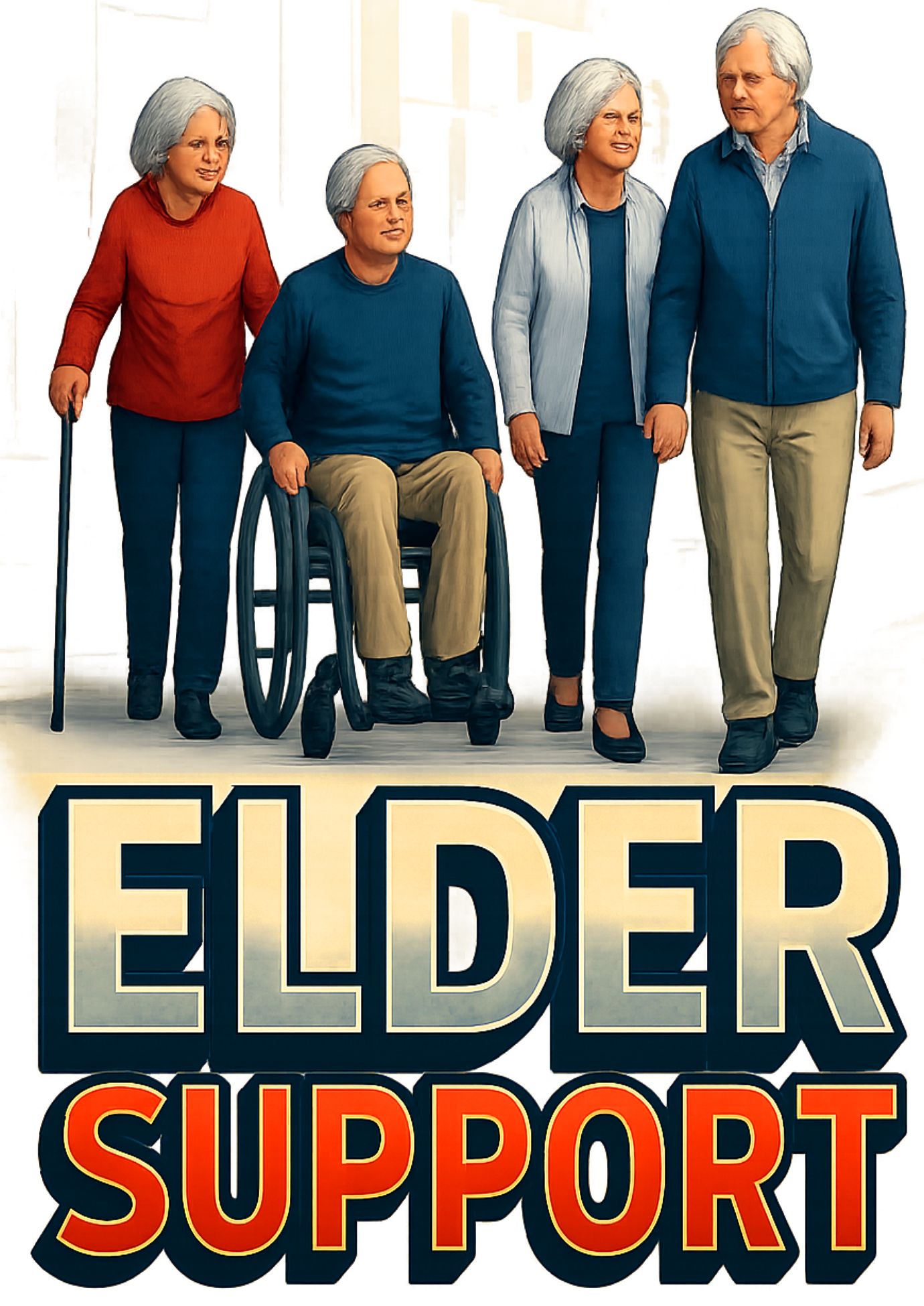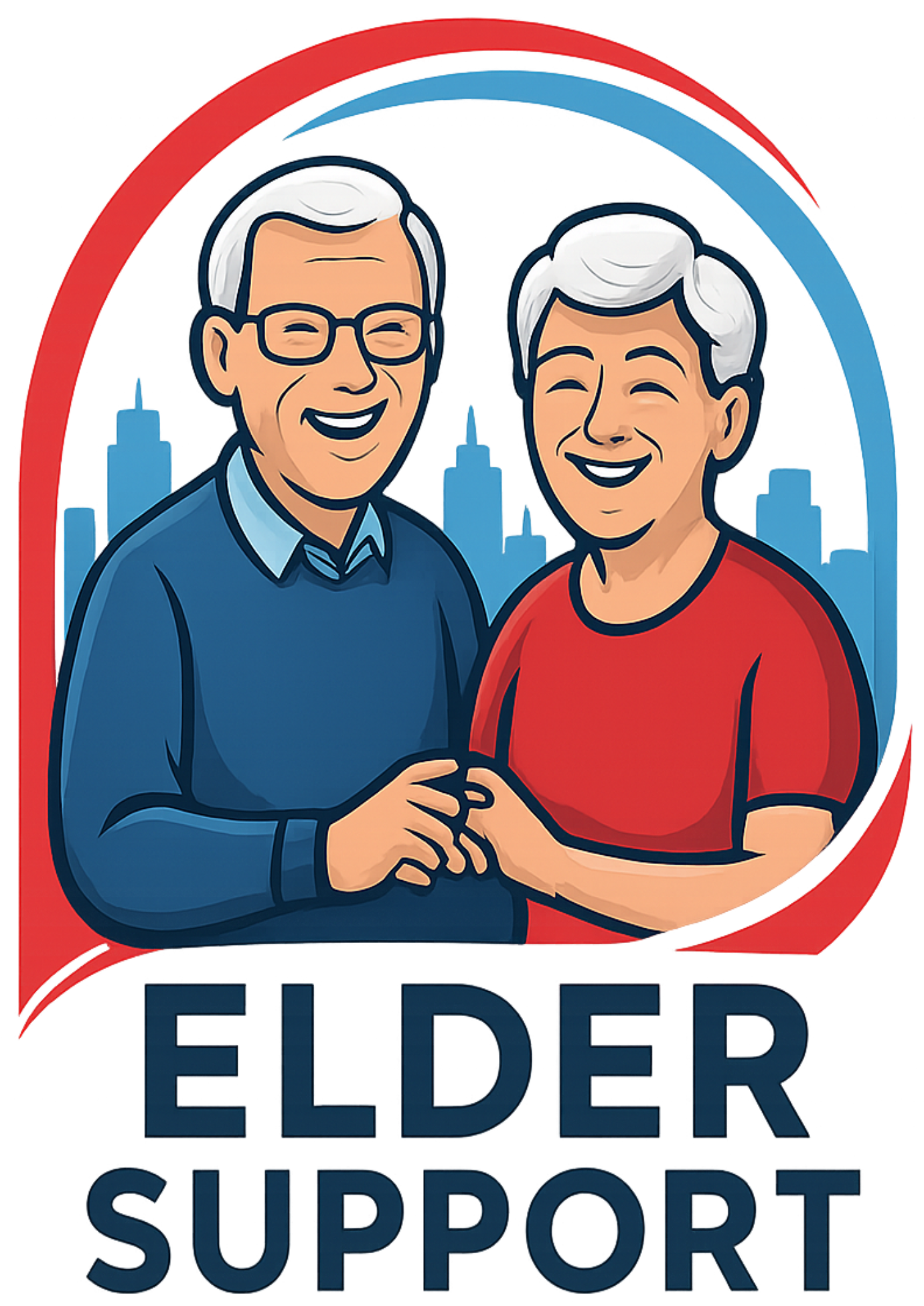Elder Support in Gardner – Ukeleles – Activities for Seniors at the Gardner Senior Center – Tech Library – Listen on any device. CLICK PLAY
Question: So, tell us about elder support and ukuleles.
Answer: We’ve done a lot to support our elderly population here too. You know, we’ve done a lot. I’ve got to give a shout out to Mike Ellis at the Senior Center. He’s done a great job of increasing programming for people. We offer ballroom dance classes on Monday nights for people who utilize the Senior Center who want just something different. There are ukulele classes now, as he said, that he’s able to get state grant funding for through the State Department of Elder Services or the recently new name State Department on Aging to just give people something different to do and get them out and get to socialize different. There’s ukulele classes, but there’s also, quote, open strum time where you can just sit down and just jam out with each other on your ukuleles that are there. We also have a new tech library over at the Senior Center for seniors who may not know how to use the full computer system at their home, but they can go sit in basically a computer lab that we have over at the Senior Center so that they can work through the computer systems that are there and then there’s people there to help them out with that tech that’s there too. We’ve increased probably tenfold the amount of services we’ve offered at the Senior Center. I’m really excited to see what happens next.
Specifics on Elder Support in Gardner from a 2023 interview
Specifics on Elder Support in Gardner from a 2023 interview
Question: Let’s talk about elder concerns in the city of Gardner, Massachusetts. Every population ages, and the city of Gardner has its share of older citizens. What has Gardner accomplished in addressing elder concerns?
Answer: It’s one of those things that we deal with on a consistent basis here, because we want people to have access to what’s going on in their communities and to the amenities that are here in their backyard. One of the initiatives that we’re currently undertaking, working with Director Ellis at the Gardner Senior Center and the Council on Aging members, is making Gardner what’s called a dementia-friendly community, an age-friendly community, and an Alzheimer’s-friendly community. What that means is we’ve gone through and we’re self-auditing the city as to what needs to improve, what needs to be better, how can we make these places more accessible and livable for these people and these populations that are built Gardner. That’s the thing, is that we’re carrying on their legacy and the torch that they left us. It’s something that they are still able to share in the community that they built. One of the reasons why, one of our goals, is to move the Senior Center from its current location at the old PACC on Pleasant Street to the former Waterford Street School building, because it’s a single floor. We have a lot of people who can’t utilize the Senior Center right now because it’s a multi-floor building and people just have a hard time on stairs. And while there is an elevator there, some people don’t use elevators, too, because of their own mobility issues. So it’s one of those things that we’re doing what we can to make sure the greatest amount of the population is able to utilize our services.
Question: What is the method to make the community more memory-friendly when you talk about Alzheimer’s and dementia? What do you actually have to do?
Answer: So there’s actually a program that we’re working with through the state’s Office of Elder Affairs. There’s different trainings for our first responders so that they know how to handle the patients who call who are dealing with Alzheimer’s and dementia. There’s different ways that community messaging can go out to help with those issues there. Training for staff at the Senior Center, making sure people at the Senior Center and our different outreach organizations know what resources are there, that if someone is looking for help and they are a patient with either dementia or Alzheimer’s, they know where to send those people to try to find that information that’s out there. This is something that’s very near and dear to my heart. I lost my grandfather to Alzheimer’s disease, and I’m named after him. And it’s one of the reasons why I sit on the board of the Worcester County Alzheimer’s Association is because there’s a lot we need to do to make it so that these people’s family members are here, but it’s not just those patients, too, but they’re caretakers. Dealing with someone who’s in that situation is very mentally taxing, very energy-draining, but it’s something you do because they’re your loved ones, your family, your friends, your relatives, your neighbors. And so it’s not only getting the resources for those who are in those situations, but they’re caretakers as well.
Question: Do I hear you saying that what’s most important is making a proactive effort in these areas?
Answer: Absolutely. Always. If we can be proactive rather than reactive, then we’ve done our job.



